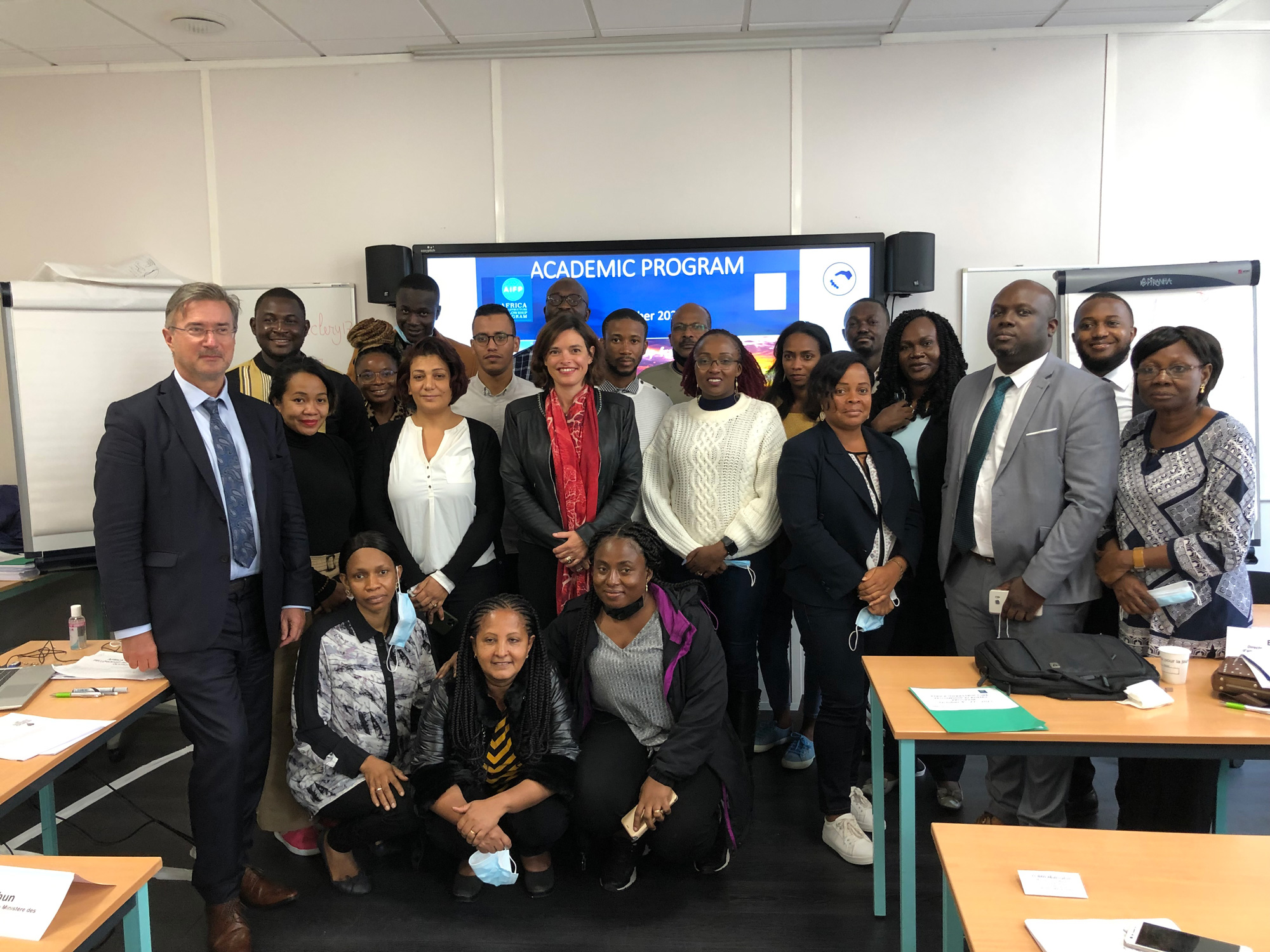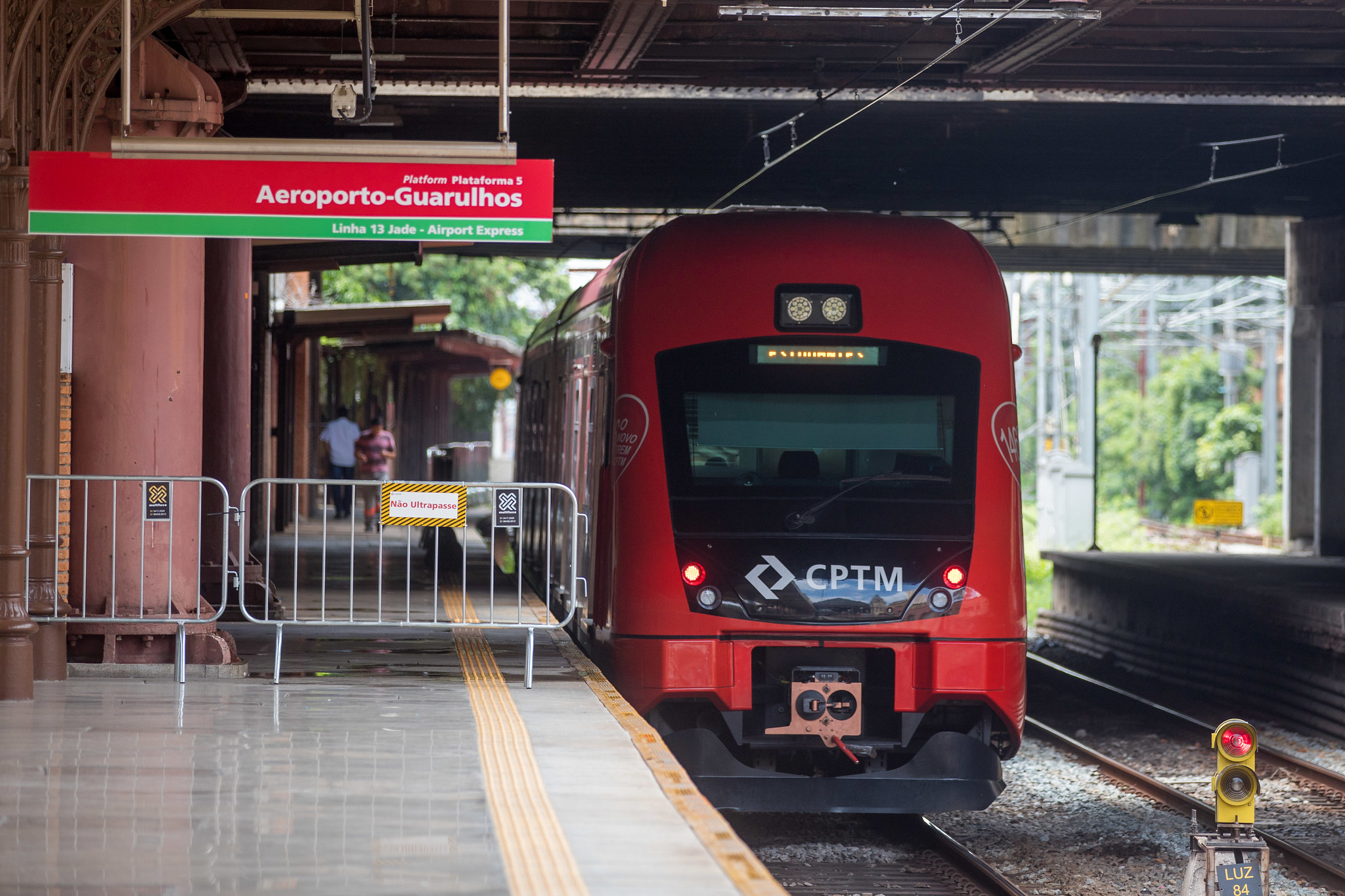928 results found
Featured results



More results
This month the GIobal Infrastructure Hub (GI Hub) was delighted to participate in the second Africa Infrastructure Fellowship Program (AIFP). The capacity-building program is designed to upskill African government infrastructure specialists, enabling them to facilitate increased investment in a pipeline of new, sustainable infrastructure that has positive social and economic impact in African communities.
The GI Hub today launches Improving Delivery Models, an initiative that showcases proven delivery model improvements that enhance the quality of infrastructure. Many of the challenges faced in delivering infrastructure can be traced back to the early-stage processes of choosing the delivery model and structuring the project.
Cities are at the forefront of the pandemic crisis and are key players in the fight to achieve net-zero emissions targets. The recovery choices they make today will set urban agendas for years to come.
Infrastructure is one of the least technologically transformed sectors of the economy and there is a global consensus that our industry needs innovation to solve big challenges like the resilience of infrastructure during future pandemics, the rise of climate change, urbanisation, and an ageing population
On Sao Paulo metropolitan train lines 8 and 9, a concession contract was issued for operation, maintenance, and upgrade of services and stations, and the supply of rolling stocks and signalling systems. The project attracted significant private sector participation.
The G20 Finance Ministers and Central Bank Governors (FMCBG) gathered for their fourth official meeting under the Italian G20 Presidency on 13 October 2021. Today, the results of the discussion were shared in the official Communiqué of the meeting and the Fourth Progress Report on the G20 Action Plan.
A new GI Hub initiative, launching in November 2021, tracks the amount of infrastructure as a stimulus announced by G20 governments and presents data insights that will help governments, investors, multilateral development banks, and project directors achieve transformative outcomes from infrastructure in the post-COVID-19 recovery.
A Dedicated initiative co-curated by Small Island Developing States (SIDS) and CDRI partners to promote resilient, sustainable, and inclusive infrastructure development in SIDS

This special report is the world’s first comprehensive study of how to transition to a net zero energy system by 2050 while ensuring stable and affordable energy supplies, providing universal energy access, and enabling robust economic growth

Watch the GI Hub and International Finance Corporation (IFC) webinar ‘Green recovery for cities: What role can the private sector play’, the second in the series 'New Deals: Funding solutions for the future of infrastructure'. The discussion explored green recovery solutions and highlighted lessons learnt from two projects.
Join the GI Hub and IFC for Session 3 in the webinar series 'New Deals: Funding solutions for the future of infrastructure'. This session will include an expert panel discussion of innovations for de-risking greenfield investment.
Coastline traffic in the State of São Paulo, Brazil, has overwhelmed road capacity. Three highway concession contracts were introduced, using a demand risk sharing mechanism and dynamic user fee model to attract private sector participation.
Pre-COVID-19, two Sao Paulo metro lines carried 1 million passengers daily. A demand sharing mechanism encouraged private sector investment in the concession contract.
Long term private investors have long started investing in those assets, but the potential - and the need - for more and better private investment remains huge. Drawing on the vast pool of experience and contributions of LTIIA members, this report analyses the current constraints and current challenges limiting institutional investors’ share of the market.

Despite abundant surface freshwater, only 84% of Brazil’s people have access to potable water, and only 50% have access to sewerage. Insufficient public funds and limited use of private capital have resulted in limited progress in improving access to water and sanitation. The Corsan Water Supply, Efficiency, and Resilience Project is leveraging private financing to address losses in water distribution and mitigate climate change risks.

Infrastructure Monitor identifies and analyses global trends in private investment in infrastructure to inform future investment and policy.



The Joint Report on Multilateral Development Banks Climate Finance is an annual report that makes public the MDB climate finance figures, with explanation of the methodologies for tracking this finance.



WHO and UNICEF established the Joint Monitoring Programme for Water Supply, Sanitation and Hygiene in 1990, and published regular global updates throughout the Millennium Development Goal period.


The New Climate Economy explores how countries at all levels of income can have better economic growth and a better climate.

This Primer provides an introduction to blockchain technology, outlines some of the potential benefits it can bring, and considers the risks and challenges it poses.





 Improving Delivery Models
Improving Delivery Models











